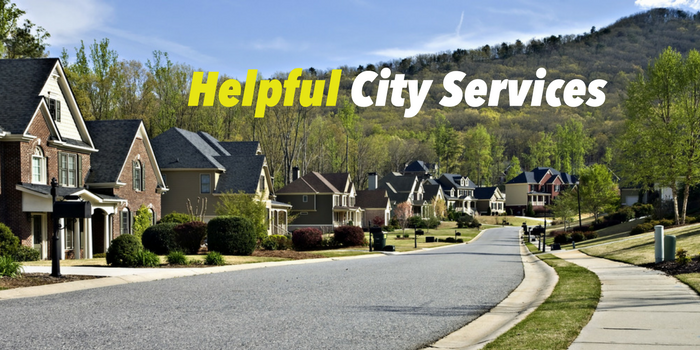Many board members receive homeowner requests for community events, complaints about violations, and questions about trash collection or stray animals. With only a limited budget and limited authority, what are board members to do when these requests go beyond the scope of their power?
Many cities offer services to residents that can complement those the board provides for its membership, so the next time you receive a request that would be difficult to complete, try contacting your city government. The number for requests is usually 3-1-1. Better yet, cities like San Antonio and Houston offer 3-1-1 mobile apps that let homeowners report violations and complaints anonymously and easily from their smartphones. All homeowners need to do is report the kind of violation, give the violation address, and provide a description of the incident or issue.
Here are some of the city services offered to HOAs:
- Enforcement for graffiti, sign, and nuisance violations: If your HOA’s CC&Rs are not equipped to resolve homeowners’ complaints of late-night noise, illegal signs, overgrown lawns, abandoned junk vehicles, or graffiti, your city may be able to help! Advise homeowners to report these kinds of violations to the city’s service number.
- Animal complaints: Do you have a problem with stray or wild animals in your neighborhood? Your city’s Animal Care Services could be available to help with these issues, but keep in mind that this city service is priority based. More urgent cases, like injured animals or critical bites, will receive attention first.
- Road repair: Homeowners can report road damage to the city to request repairs. If there are large potholes roughening the county- or city-owned roads in your neighborhood, let the local government know.
- Trash and bulk collection: Contact your local office to see if your city or county offers regular trash collection or annual or semi-annual bulk collection for residents. You can also call the city’s service number to find out if residents can request additional trash collections.
- Emergency action plans: Cities and counties are typically required to keep response plans for natural disasters and other emergencies, which can include resident alert and evacuation procedures. Staying up-to-date on these procedures will help your community be prepared in the event of emergency.
- Community events: To connect with the larger county and city communities, homeowners can attend events offered by public libraries and community recreation centers and parks. These events can range from book clubs to dance classes to hiking clubs. These classes and events are often free! Additionally, county and city buildings, such as schools and libraries, will usually host HOA board meetings and annual meetings.
- Meeting visits: In some cities, code enforcement, police, and animal officers offer to attend HOA meetings to provide information to homeowners and build connections with HOAs; this helps them best serve the communities in their cities. Contact the applicable office in your location to request a meeting visit.
The next time you are faced with a serious violation or overwhelming complaints about the state of roads or lawns, you can direct homeowners to the city’s 3-1-1 service number for support.
Remember that your HOA is part of a larger community that can help you meet the needs of your membership. For more information or help managing your HOA community, contact Spectrum Association Management.







